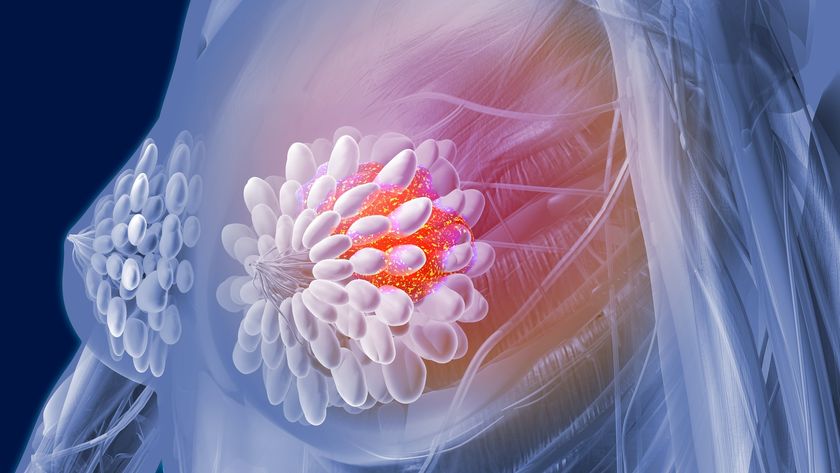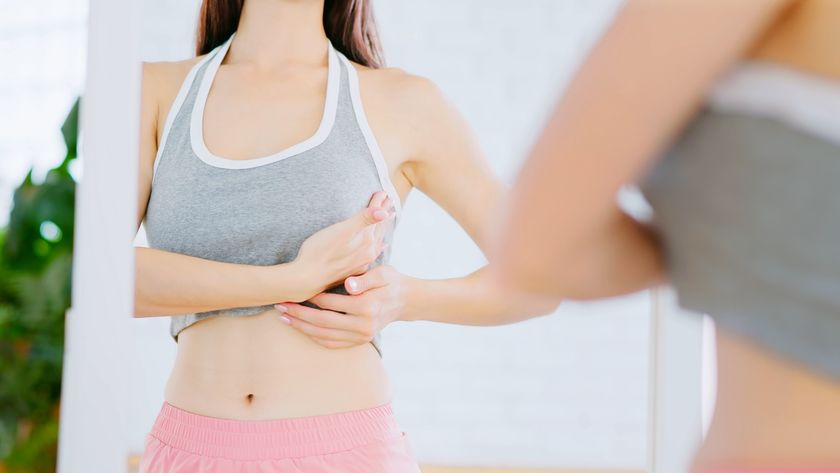New Process Called a Step Toward Breast Cancer Treatements
Powerful plant compounds called isoflavonoids have been identified as potential sources for fighting breast cancer and other cancerous tumors. But unleashing the potential requires biosynthesizing sufficient quantities of the compound, which so far has proven challenging.
Now engineers have developed a microbial system to produce quantities of some of these compounds up to seven times more than what was previously attained.
"This is an important, initial step in the construction of a system that can potentially synthesize thousands of natural and non-natural isoflavonoids," said Mattheos A. G. Koffas, associate professor in the Department of Chemical and Biological Engineering at the University at Buffalo and lead author of a paper describing the work in the journal Chemistry & Biology.
Although additional hurdles remain before this new process will be commercially viable, the new compounds produced demonstrated altered estrogen receptor binding activity, a property that makes them good candidates for potential breast cancer treatments and other important pharmaceutical agents, the researchers said in a statement.
"We have shown that a couple of compounds are good estrogen receptor binders in vitro, meaning they could inhibit estrogen from binding to its receptor," Koffas said, "so if further testing in animals is promising, they may become suitable drug candidates for breast cancer."
Because estrogen receptor binders can prevent cancer-causing compounds from binding to estrogen, they may be able to thwart the growth of cancerous tumors.
Koffas said they were able to achieve the higher yields of the compound because their method optimizes in yeast the combined action of three enzymes that produce isoflavones. A key obstacle the UB researchers overcame was finding an efficient way to express an important enzyme, isoflavone synthase, which reacts with two additional enzymes in order to complete the synthesis of the isoflavonoids. The scientists were also able to create a small library of non-natural (synthetic) isoflavonoid derivatives.
Sign up for the Live Science daily newsletter now
Get the world’s most fascinating discoveries delivered straight to your inbox.
The research was conducted in collaboration with First Wave Technologies, which received a small business reseach grant from the National Science Foundation.
- Five Myths About Breast Cancer
- New Mammogram Guidelines Issued ... Again
- 7 Solid Health Tips That No Longer Apply












